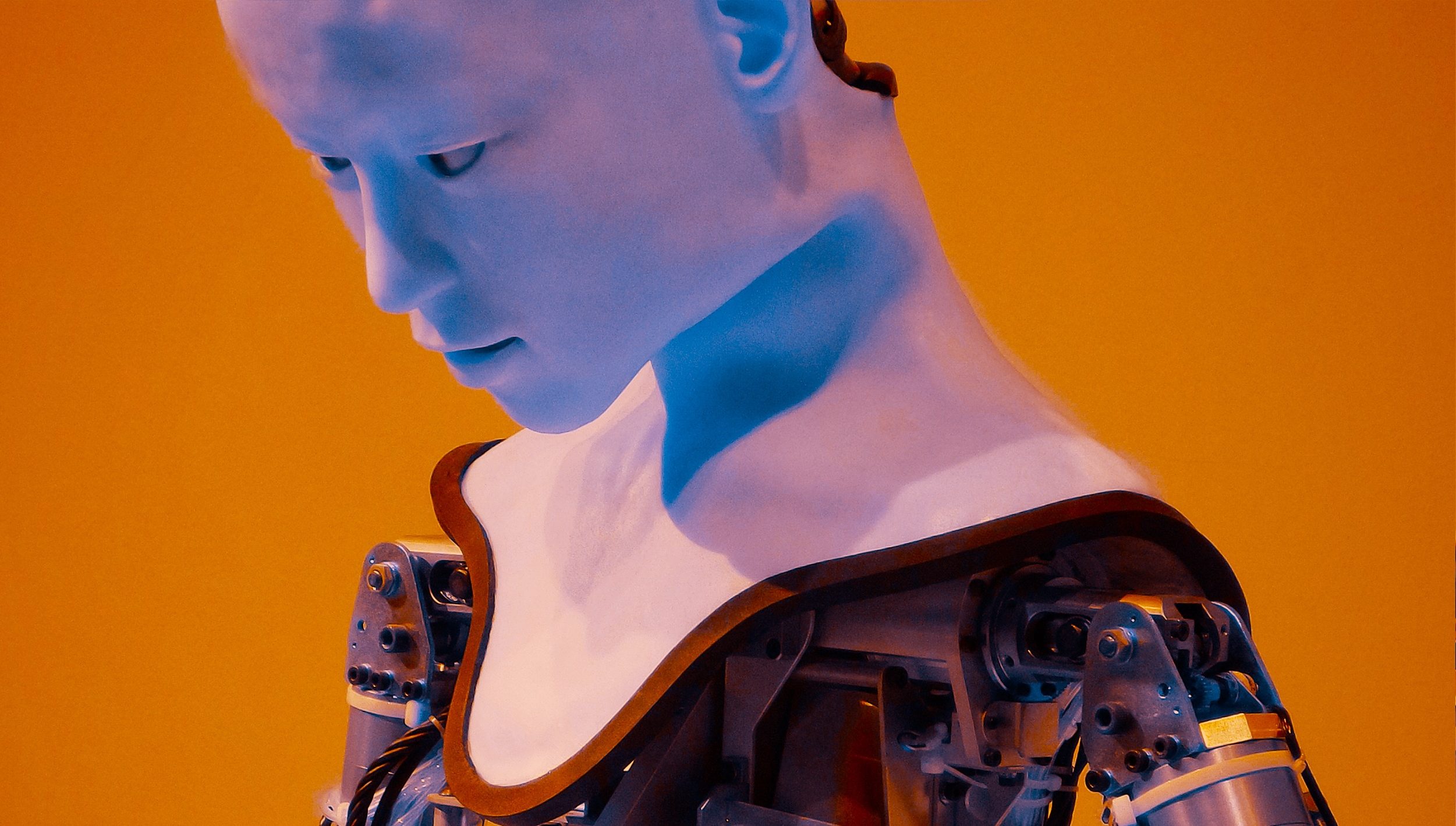Ever since artificial intelligence has entered mass culture, IBM and Google have been scheduling Man vs. AI exhibition matches, in various disciplines to test the progress of machines. The most famous match of all was in 1997, when IBM’s Deep Blue chess algorithm beat the world chess champion
But that’s just it. They’re all games. They have clearly defined rules and straightforward strategies, unlike most meaningful aspects of life. However, IBM’s latest installment in the series of Man vs. AI, places AI in a debate against man.
On February 11th, 2019, IBM’s Miss Debater AI faced off against the 2012 European Debate Winner, Harish Natarajan. The two of them exchanged opposing arguments on preschool subsidies. In the end, the crowd voted in favor of Harish for making a more compelling argument. It was a victory for the human race.
As a former debate kid in high school, I thought it was actually a solid debate. The AI was clearly better than Harish at citing meaningful facts. However, Harish had better rhetoric and better rebuttals. Overall, this exhibition match sheds light on the future of AIs in the role of AI Debater. And ultimately how AI Debaters will help move the human race forward.
Already a future thinker?
Then become a friend.
The Future of AI Debaters
In order to understand the future of IBM’s Miss Debater, we must break down its development into three parts: research, constructing an argument, and emotional appeal.
The first area of development is research, which is actually a
The second area of development for Miss Debater is learning how to construct an argument. I thought that Miss Debater structured her speech well, like an orderly cooking recipe. However, equally important as organizing your
Context is an intangible, multi-faceted concept that many humans don’t even understand. Think how often someone’s sarcasm goes right over your head. That’s because you lacked the same context as the other person. In general, context is a major flaw all conversational AIs on the market today. And honestly, it’s going to be a huge focus of development all decade long.
The third and final piece of the
Ultimately, emotional appeal is the moonshot goal of all conversational AIs – from Alexa and Siri to Miss Debater. Once an AI can understand and speak with emotion, they essentially can converse amongst us and provide services as a human would. This ranges from AI therapists to AI friends and obviously AI customer service reps. We’re more than a decade away from this happening, but you better believe there’s a gold mine waiting to be unearthed.
Unlike other competitions between man and AI, this debate gave an inspiring look into the future.
How Humans and AI WIll Co-Debate
Debating is one of the most necessary parts of human history. It’s how we decide the best way to move forward. Seeing the AI challenge us to have a meaningful discourse highlighted how AI might help us have better public discourse, in general. This is something that Harish pointed out afterward:
What really struck me was the potential value for Project Debater when synthesized with a human being.
Harish Natarajan
Harish brings up a great point that we shouldn’t be worried about AI taking over our debates. Rather, they’re going to help inform us. Miss Debater could work in confluence with Harish to help him build up his arguments with relevant facts.
Theoretically, politicians and political candidates could use Miss Debater to better inform their arguments (and ultimately create more truthful debates).
The legal field has already adopted similar AI technology, such as ROSS Intelligence, which can sift through millions of files in a fraction of the normal time. However, down the road, Miss Debater might provide better context to lawyers when building their cases.
There’s even a scenario where Miss Debater is one day licensed in the form of a consumer product. This intelligent debater could help the average person weigh the options of important decisions. Everyone could use help reasoning and making better choices. And if it takes an AI debater to help with that, then so be it.
On the surface, people are worried that Miss Debater might take over and ruin all public discourse. Realistically, it will push public discourse further by challenging all of us.
Besides, Janelle Shane already put the idea of a fully autonomous AI Debater to rest a month ago. Basically, she trained a neural network to generate debate topics and it came up with absurd things such as:
- This House regrets the creation of self-limits
- This House would remove all sanctions against humanity
- This House would ban advertising targeted at children under the war fairy
